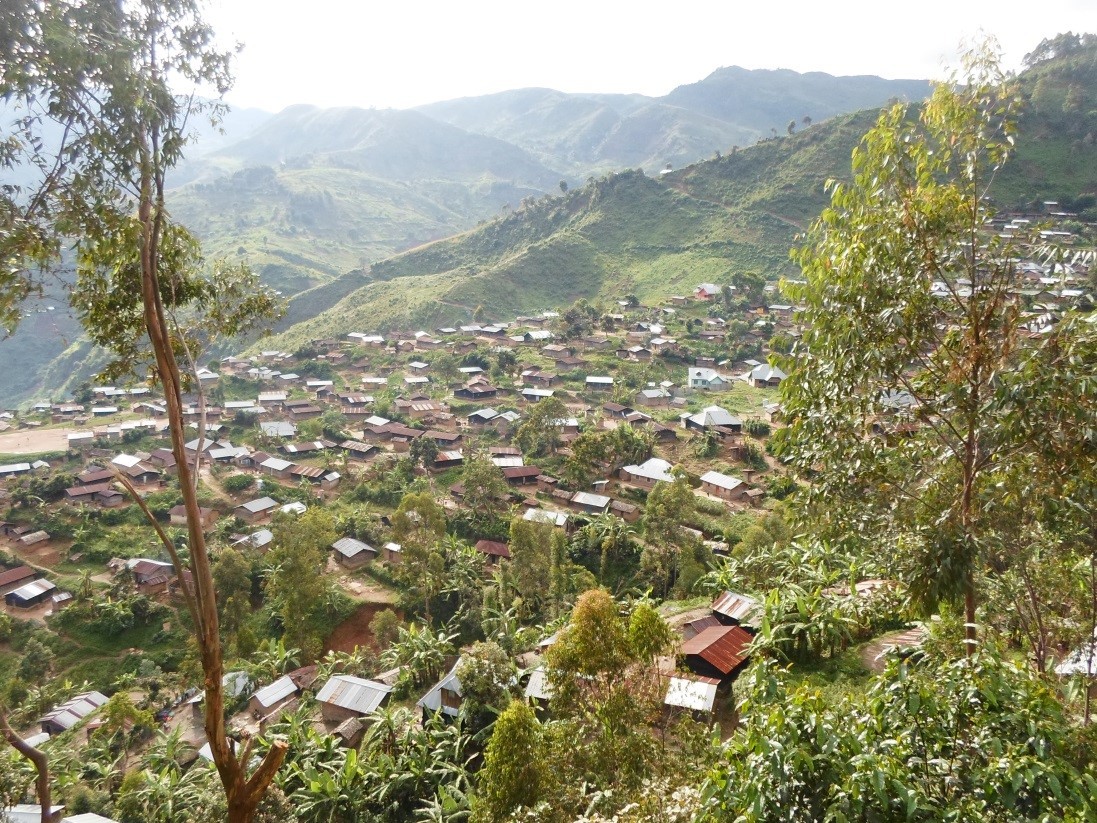Bandits or States? Stationary Bandits and Taxation in Eastern Congo
Investigators: CDEP Fellow Raul Sanchez de la Sierra and Gauthier Marchais of the London School of Economics
A dominant view in political economy suggests that states arise from organizations of violence which, under certain circumstances, create monopolies of violence in a particular location, and later persist. This study sought to provide an economic explanation to state formation by focusing on two main research questions. First, if organizations of violence are motivated by the revenues from expropriation, monopolies of violence, and battles for their control, should be more likely to emerge in locations with higher potential revenues to expropriate, for instance through taxation. However, is a monopoly of violence a reasonable way to think about the state? After all, local monopolies of violence may not produce the types of behaviors that we expect states to develop: regular taxation, provision of some public goods, and potentially, a concern for legitimacy. Under what circumstances is a monopoly of violence a useful characterization of the state formation process?
A fundamental fact is that there exists to date scant data in areas where states are not functioning, precisely because states are historically the first to collect systematic data. As a foundation for this study, village-level panel data was collected on violent actors through teams of surveyors, village elders, and households in 136 war-torn villages of DRC. The dataset consolidated is a village level year level panel dataset of 136 villages and 246 mining sites, covering the years 1995 to 2012.
It was found that a sharp rise in the global demand for coltan in the year 2000, a bulky commodity used in the electronics industry, leads violent actors to impose monopolies of violence and taxation systems in coltan sites, which persist years after the demand collapses. To provide confidence that the tax revenues, and no other element associated with the price shock are an important driver of the creation of monopolies of violence, the study examines a later sharp price shock to gold, a mineral whose output is almost impossible to tax because it is easy to conceal. The study found that the rise in the world price of gold did not have an impact on the creation of monopolies of violence or battles. Thus, potential tax revenues can explain the desirability to hold monopolies of violence and may lead to the formation of states. This result is presented in the main research output from that project.
But are these bandit-like monopolies of violence meaningful for the process that precedes the formation of states? The study further found that such monopolies of violence act similar to medieval states, but only when their time horizon is long. They tax population transit, sales of food, collect labor taxes, mining output taxes, and capitation (poll) taxes. They organize village security and often administer justice. Furthermore, exploiting the timing of a peace agreement that lead a large number of these monopolies of violence to reintegrate the government forces elsewhere, it was estimated using difference-in-differences the impact of the presence of a monopoly of violence on local economic activity. It was found evidence that these monopolies of violence have a positive impact on economic activity. However, when their monopoly came under threat and their time horizon shortens, armed groups turned to violent pillages against the same households they used to tax and protect, breaking the taxation contract that characterizes state-like behavior. This result is presented in the secondary research output from that project.
Data collection for this study is currently being expanded to Nord Kivu, drawing on the data collection methodology developed in Sud Kivu and introducing new cutting-edge approaches to gather detailed information on armed groups’ behavior. The spillovers of the stationary bandits to their neighboring villages, and the type of contracts that stationary bandits create with village administrators, such as village chiefs, is also being examined.
This project was supported by the National Science Foundation, the Private Enterprise Development in Low-Income Countries exploratory grants (PEDL), the International Peace Research Association Foundation (IPRAF), the Center for the Study of Development Strategies at Columbia University (CSDS), the Program for Economic Research at Columbia University, the Earth Institute, the Advanced Consortium in Cooperation and Complexity, and the Leitner Family Student fellowship. It also benefited from generous contributions of Christopher Blattman, Massimo Morelli, Suresh Naidu, and Eric Verhoogen.
This project is a part of CDEP's Politics, Institutions and Conflict Initiative.
Media Coverage:
Marginal Revolution, November 25, 2013
Chris Blattman, November 27, 2013
Frankfurter Allgemeine, December 22, 2013
Die Zeit online, June 12, 2014
A Crowing Hen, August 13, 2013

